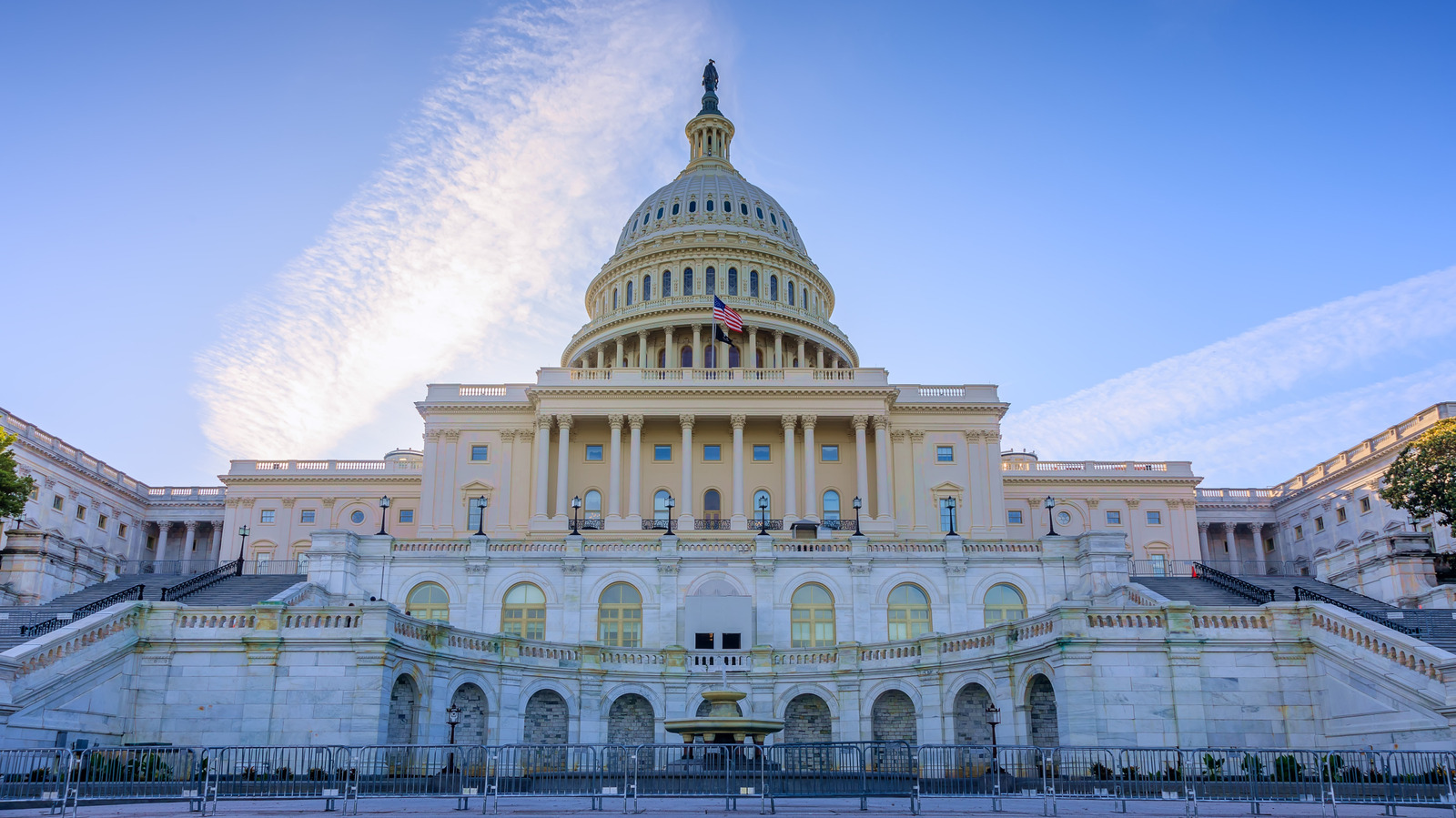Why Is Congress Debating Washington D.C.’s Local Traffic Laws?
If you’ve been following the headlines, you might have noticed something odd: instead of focusing on the looming deadline to fund the federal government, Congress is spending time debating local traffic laws in Washington D.C. It’s the kind of move that leaves a lot of people scratching their heads. Why would lawmakers from all over the country weigh in on whether D.C. can tweak its own traffic rules?
The answer lies in D.C.’s unique status. Unlike states, the District of Columbia doesn’t have full self-governance. Congress has the final say over many of its laws, thanks to the Home Rule Act of 1973. So, when D.C. tries to pass new regulations—like changes to how traffic tickets are enforced or whether right turns on red should be banned—Congress can step in and override those decisions.
What’s at Stake If Congress Focuses on Local Issues Instead of Federal Funding?
Here’s the real kicker: while Congress debates whether D.C. drivers should be allowed to turn right on red, the clock is ticking on a much bigger issue. If lawmakers don’t reach a deal to fund the government by September 30, we’re looking at another government shutdown. That means federal workers could go without pay, national parks might close, and critical services could be disrupted.
According to the Congressional Budget Office, the 2018-2019 shutdown cost the U.S. economy about $11 billion, with $3 billion permanently lost. That’s not just numbers on a spreadsheet—real families and businesses felt the impact. So, when Congress spends time micromanaging local D.C. affairs, it’s not just a quirky political sideshow. It’s a distraction from urgent national priorities.
How Do D.C. Residents Feel About Congressional Oversight?
If you ask folks who actually live in D.C., many will tell you they’re frustrated. Imagine your city council passes a law after months of public input, only to have lawmakers from thousands of miles away swoop in and change it. According to a 2023 Pew Research Center survey, more than 70% of D.C. residents support greater autonomy for their local government.
It’s not just about traffic tickets, either. This pattern of congressional intervention has affected everything from marijuana legalization to school funding. For many, it feels like a denial of basic democratic rights. After all, D.C. residents pay federal taxes but don’t have voting representation in Congress—a situation famously summed up by the city’s license plates: “Taxation Without Representation.”
Are There Real-World Consequences to Congressional Micromanagement?
Absolutely. When Congress overrides local laws, it can create confusion and undermine trust in government. Take traffic safety, for example. D.C. has some of the highest rates of pedestrian fatalities in the nation, according to the Governors Highway Safety Association. Local leaders have tried to address this with stricter traffic enforcement and new rules, but congressional pushback can stall or dilute these efforts.
There’s also a ripple effect. Other cities watch what happens in D.C. as a bellwether for their own autonomy. If Congress can step in here, what’s to stop similar interventions elsewhere? It sets a precedent that local decisions are never truly final.
Why Does This Keep Happening—and Is There a Way Forward?
The tug-of-war over D.C.’s autonomy isn’t new. Every few years, Congress steps in on issues ranging from needle exchange programs to criminal justice reform. The underlying reason? Politics. Sometimes, lawmakers use D.C. as a testing ground for national debates or as a way to score points with their base back home.
But there are signs of change. A growing number of lawmakers from both parties are calling for D.C. statehood or, at the very least, more self-governance. Major organizations like the American Bar Association and the League of Women Voters have voiced support for these efforts, arguing that local residents deserve a greater say in their own affairs.
What Should Lawmakers Really Be Focusing On Right Now?
With the government’s funding deadline fast approaching, most experts agree that Congress’s top priority should be keeping the lights on. The stakes are simply too high to get bogged down in local disputes. As Maya MacGuineas, president of the Committee for a Responsible Federal Budget, recently put it, “Every hour spent on side issues is an hour not spent on solving the real fiscal challenges facing the country.”
The big takeaway? Governing isn’t about perfection—it’s about smarter adjustments. Start with one change this week: ask your representatives to focus on national priorities. You’ll likely spot the difference by month’s end.


